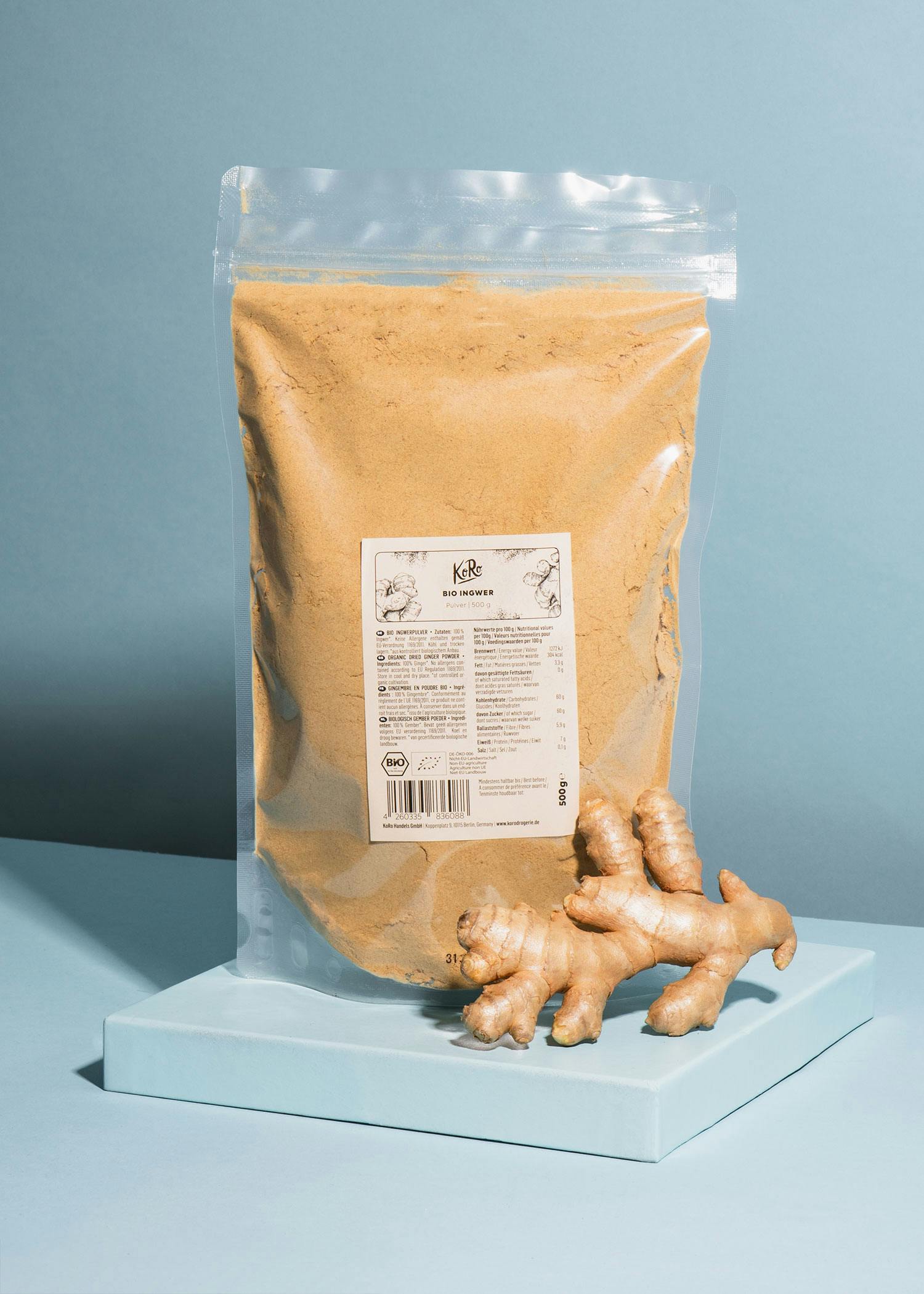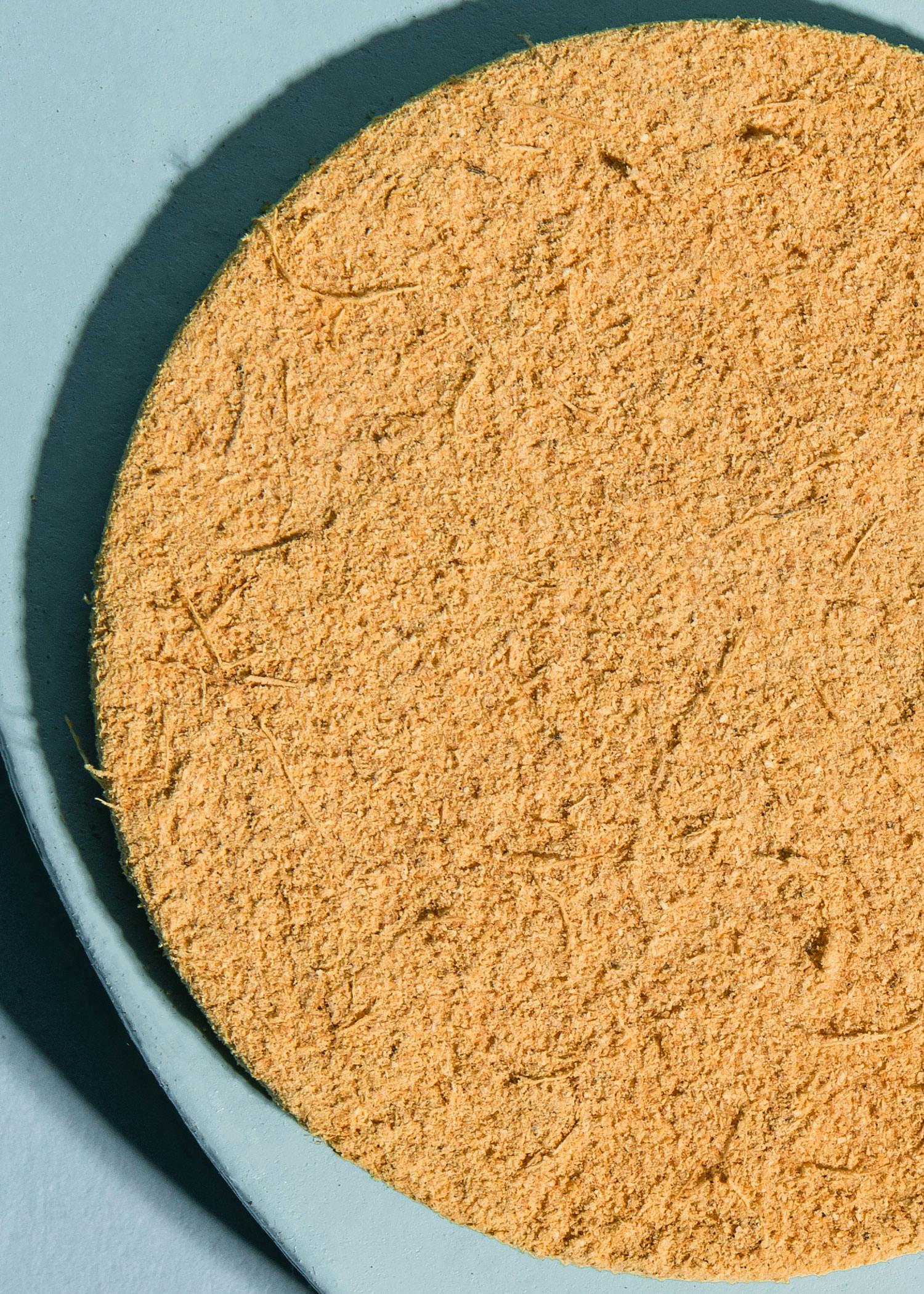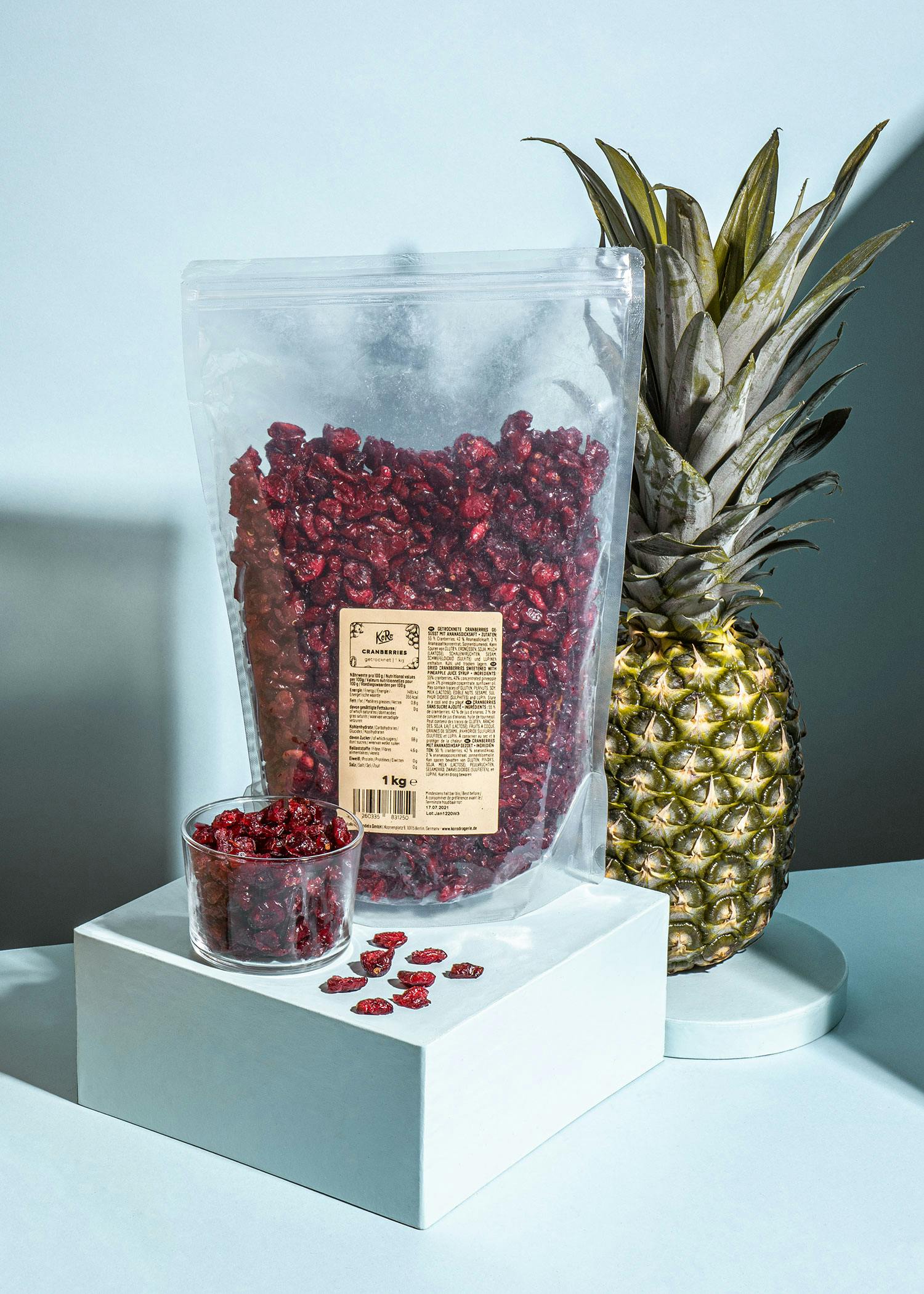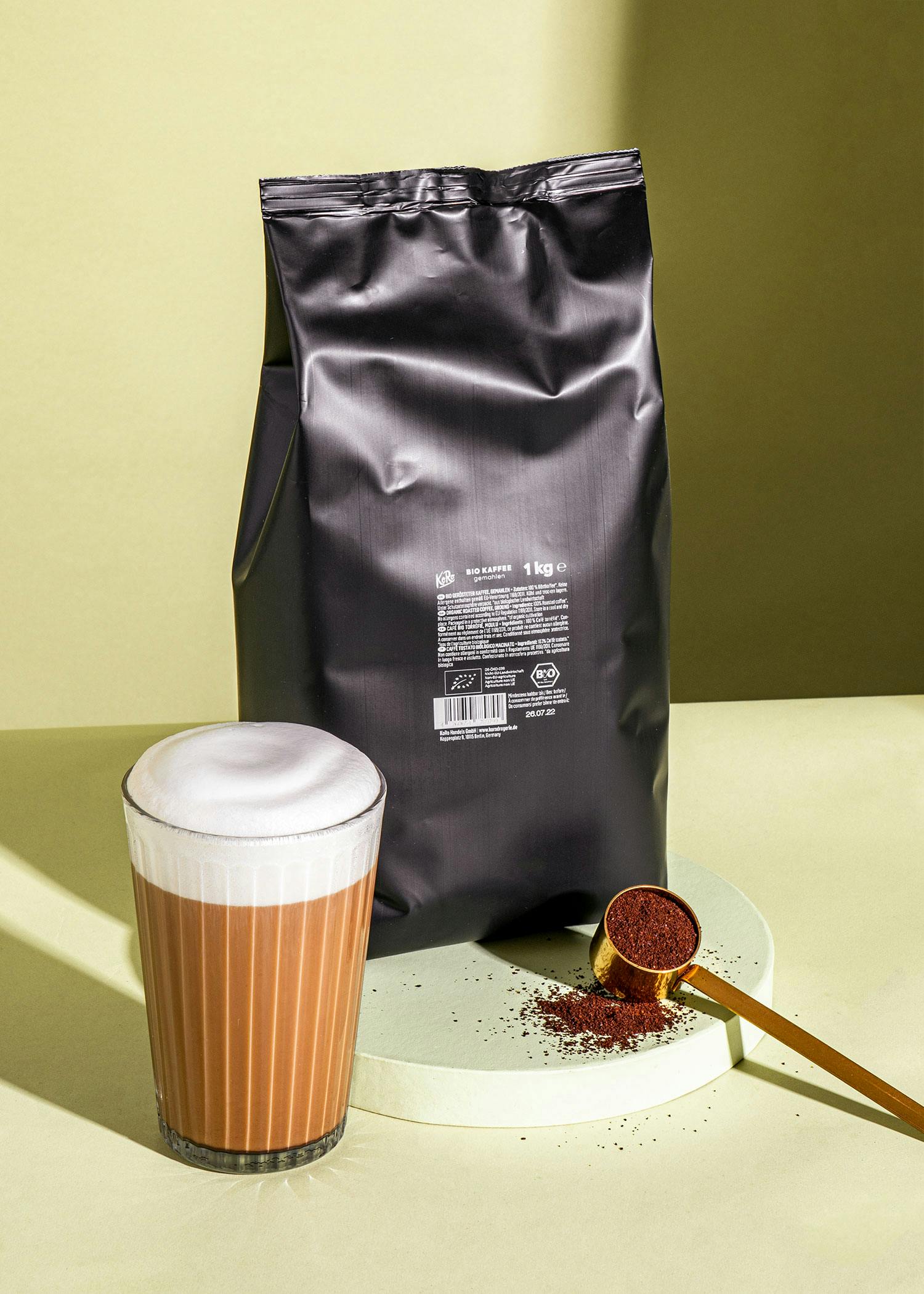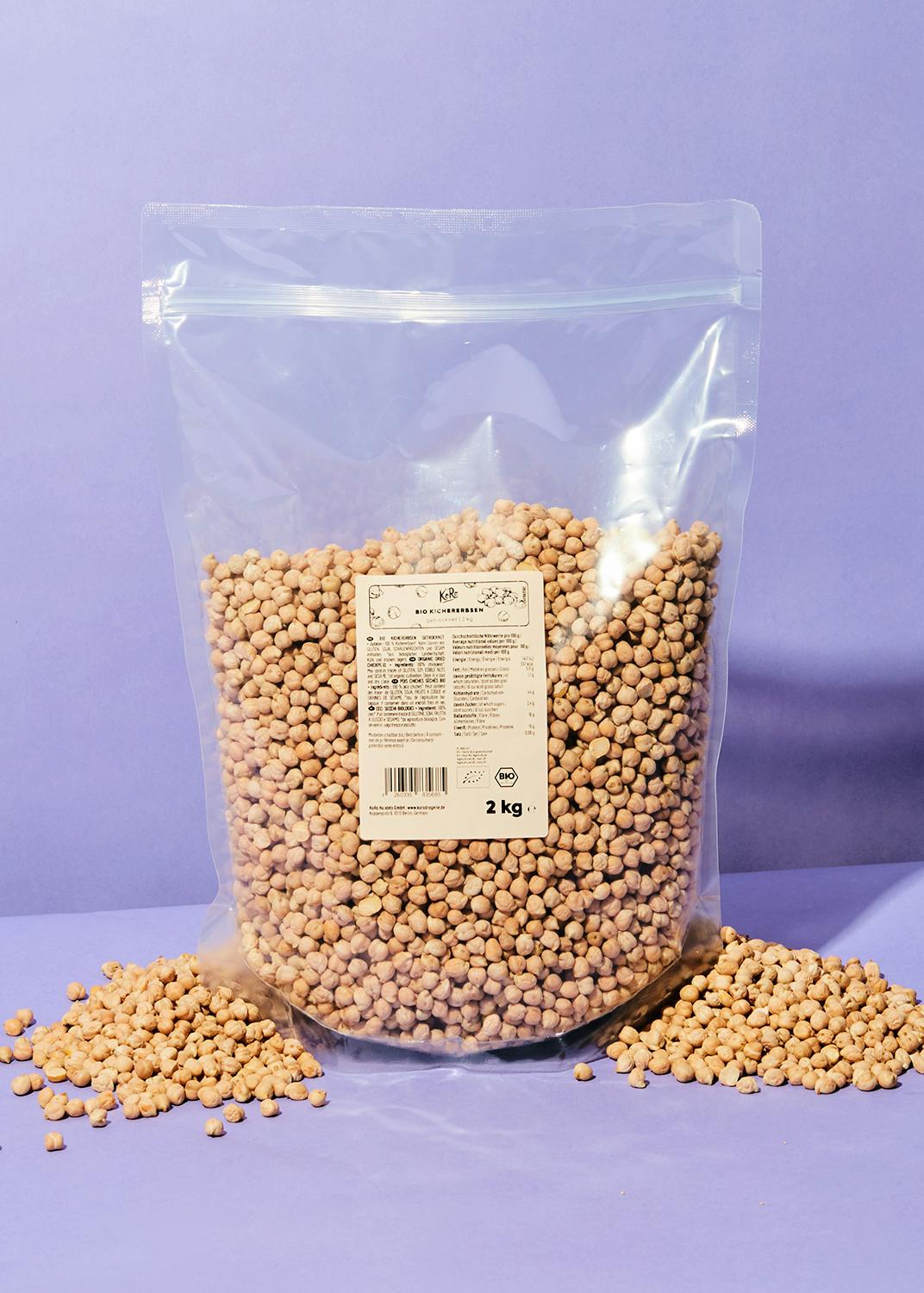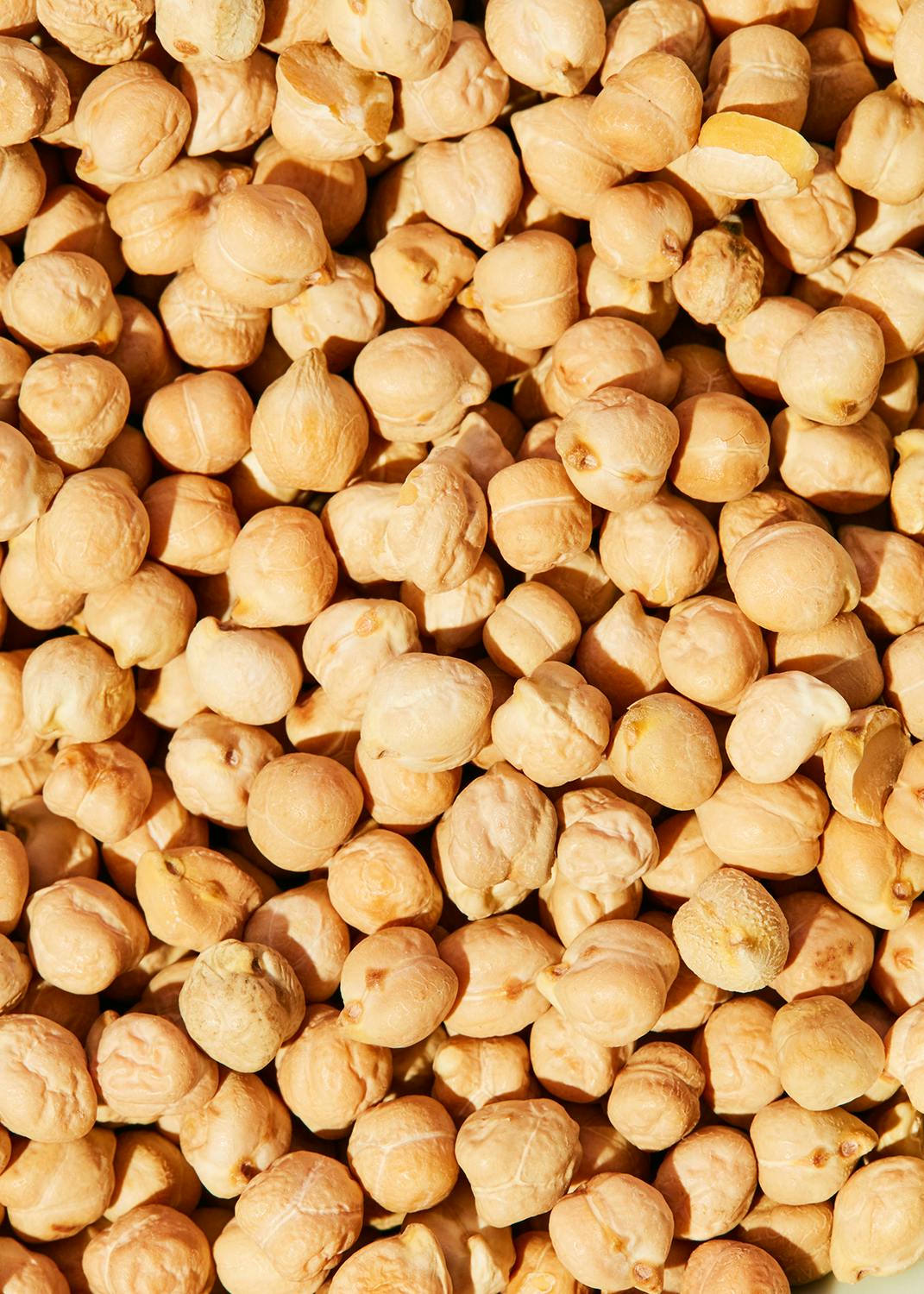The right diet is already pretty complicated and it is not uncommon for opinions to differ when it comes to food. In addition to numerous diets, forms of nutrition and intolerances, there are always a few nutrition myths floating around on the internet. We have selected 10 of these nutrition myths for you and checked their accuracy.
1) Eating after 6 p.m. will make you gain weight
A widespread belief that persists is that eating after 6 p.m. is more likely to make you put on weight. The theory is that the metabolism is at its slowest in the evening and the body can no longer utilize the food it has eaten as well as during the day. But is this really true?NO! It has not been proven that eating late is the cause of weight gain. Basically, it always depends on how much you eat in total. It doesn't matter whether the pizza was eaten at 12 noon or 8 pm. The only decisive factor is whether you have eaten more than you burn.
2) You should eat ginger if you have sore muscles
Not stretched enough again, or been too ambitious? Sore muscles are sometimes unavoidable. What if there was a cure? The theory: this miracle cure is ginger. The gingerol it contains has an effect on the smooth muscles. But is that really the case?YES! The substance gingerol, which gives ginger its typical pungent taste, does indeed affect the smooth muscles in humans. Studies with athletes have shown that consuming ginger can reduce the inflammation levels in the blood, which are increased in the case of sore muscles, by up to 25 %.
3) Always keep fresh food in the fridge
You may know that some people generally put everything in the fridge
-
whether it's fruit, vegetables or even bread. The theory is that because it's cold in the fridge, food stays fresh for longer. But is that true?NO! Some foods do benefit from cool storage, such as berries. However, some lose their taste as a result. This is the case with tomatoes, onions and garlic, for example.
4) Foods "without added sugar" are sugar-free
Food designations are sometimes a chapter in themselves. Low-sugar, sugar-free, no added sugar or no sweeteners - who can make sense of it all? A widespread misconception is that the label "no added sugar" is synonymous with "sugar-free". But is that true?NO! No added sugar or added sugar only means that no additional sugar has been added. However, the food itself may contain sugar by nature. Although this must be stated in the list of ingredients, it does not prevent manufacturers from using the absence of added sugar for advertising purposes.
5) Fresh fruit is healthier than dried fruit
It is often the case that people are advised to choose the fresh alternative instead of dried fruit. The theory is that fresh fruit is healthier because the drying process removes vitamins and minerals from the fruit. But is that true?NO! The vast majority of minerals and vitamins can withstand the drying process without damage and can be preserved. Only vitamin C is sometimes a little sensitive. The gentlest method is freeze-drying, as is the case with our strawberry slices, for example. This preserves all the substances in the strawberries except for the water.
6) Cranberries prevent bladder infections
Cranberries have a sweet and sour taste and go well in muesli or as a snack between meals. However, it is often claimed that this cranberry, which is related to the lingonberry, can do much more than just taste good. The theory is that cranberries contain antioxidants and anti-inflammatory ingredients that have a positive effect on the cardiovascular system. But is this really true?YES! There are no clear studies that prove a correlation between cranberries and the absence of cystitis. However, it has been proven that the substances contained in cranberries are quite suitable for preventing cystitis. In particular, recurring inflammation can be prevented by the anti-inflammatory effect.
7) Nuts make you fat
Nuts contain a lot of fat and calories. This is why they are often said to make you fat. But is that really the case?NO! Although nuts are very high in fat and calories, they contain unsaturated fatty acids. These are filling, ensure a balanced blood sugar level and thus prevent cravings. This means that a handful of nuts a day can even help you lose weight. How about our premium nut mix, for example?
8) Light products help you lose weight
Light products often have fewer calories than the standard version and are therefore often consumed as diet foods. The theory is that consuming light products means that you consume fewer calories and therefore lose weight more easily. Is that true?NO! Although light products are generally lower in calories, the taste is often enhanced by more sugar. This is because the products are often lower in calories due to the removal of fat, which intensifies the taste. Low-sugar alternatives, on the other hand, contain sweeteners that can lead to cravings.
9) You should drink at least 2 liters of water every day
Drinking is healthy
-
you should drink at least 2 liters a day. Hardly any other nutritional dogma is as well established as this one. The theory is that water keeps the body functioning properly and cleanses the blood of toxins. Is that true?YES! In fact, a healthy average body needs about 2 to 2.5 liters of water a day to function optimally. The fluid cleanses the blood and thus promotes liver function. Sufficient hydration is also beneficial for your concentration.
10) Peanuts are not nuts
Peanuts are nuts, as their name suggests - or is that perhaps a fallacy?YES! Although peanuts are called nuts, they are actually legumes, at least in the botanical sense. They therefore belong to the same category as peas or lentils. However, peanuts can also be eaten raw, which is not the case with pulses. This means that peanuts can be described as both a nut and a legume.
Would you have known everything? YES, NO, NO!
